While most of the
noise in Florida these days surrounds the heated
presidential contest, a less noticed -- but no less
profound -- battle looms for the future of
equality, fairness, and even pocketbooks in the
Sunshine State.
On November 4,
Florida voters will choose whether to pass Amendment 2,
the ballot initiative that proposes to ban same-sex marriage
in the state constitution. And much like the
presidential campaign that tends to overshadow it, the
outcome of Amendment 2 remains uncertain, as observers
attempt to understand what role African-Americans inspired
by the Obama candidacy might play in the decision.
"It's not clear it's going to pass,
it's not clear it's going to fail, and
it's also not clear how the presidential race is
going to affect it," says Peter A. Brown,
assistant director of the Quinnipiac University
Polling Institute, which handles Florida polling.
Quinnipiac's latest poll released on September 8
suggests that Amendment 2 remains short of the 60%
approval it needs from voters to pass, though
it's still within range. The poll showed that 55% of
voters support the ban, and 41% oppose it, with a
margin of error of +/- 2.6 percentage points. Those
findings are down slightly from the 58-37 majority that
favored the amendment in a previous poll in June.
But Brown
isn't drawing any conclusions from the change in those
numbers. "That doesn't really tell me
anything," he said of the shift.
Nationwide,
Florida joins Arizona and California as one of three states
with constitutional amendments aiming to ban same-sex
marriage on the ballot. But unlike the proposals in
those states, which seek strictly to define marriage
as a union between a man and a woman, Amendment 2
includes an additional clause that would essentially
preclude the provision of any other type of legal
recognition that approximates marriage for same-sex
couples.
The full text of
Amendment 2 reads, "Inasmuch as marriage is the legal
union of only one man and one woman as husband and wife, no
other legal union that is treated as marriage or the
substantial equivalent thereof shall be valid or
recognized."
Given its vague
wording, opponents fear the amendment could have a
potentially devastating impact on hundreds of thousands of
Florida couples -- gay and straight -- who live in
legal arrangements other than marriage.
"The
amendment could interfere with health care benefits,
hospital visitations, inheritance -- virtually any
concrete area in which a couple might wish to provide
for their partner to have some rights," said Joseph
Jackson, associate director of the Center on Children and
Families at the University of Florida Levin College of
Law in Gainesville.
Jackson compares
Florida's initiative to the 2004 amendment banning
same-sex marriage in Michigan, where in May the state
supreme court decided that the measure prevents public
institutions from offering health care benefits for
same-sex partners.
Though Florida
already has laws prohibiting same-sex marriage and
preventing recognition of such unions performed in other
states, supporters of the so-called Florida Marriage
Protection Amendment contend the proposal is a
necessary guard against "judicial activism" of
the sort that prompted gay marriage victories in
Massachusetts, California, and as of last week,
Connecticut.
Orlando attorney
John Stemberger, who leads Florida4Marriage, the
official sponsor of Amendment 2, did not return calls
seeking comment. He is also president of the Florida
Family Policy Council, which is associated with James
Dobson and Focus on the Family.
Amendment 2 has
received tepid support from Republican governor Charlie
Crist, who criticized the state Republican Party for giving
$300,000 to Florida4Marriage. The PAC produced the
611,009 signatures required to put the amendment on
the ballot in February.
Despite apparent
obstacles, Amendment 2 opponents have reason to feel
cautiously optimistic they can defeat the measure, mostly
because the 60% approval threshold is higher than the
50% required for similar amendments in other states,
including California.
"So far,
none of the polling has shown them crossing that 60%
threshold," said Nadine Smith, executive
director of Equality Florida and a leader of Fairness
for All Families, a coalition of over 260 civic-, faith-,
and social-justice groups assembled to defeat the
measure.
The sweeping
nature of the initiative and its threat to other types of
unions, like domestic partnerships or common-law marriages,
also builds opposition because it has implications
beyond the gay and lesbian constituency. Many seniors,
for instance, are widowed but live together with
partners rather than remarry in order to maintain their
survivor benefits from a deceased spouse's
pension. ?
"Their
base is the ultraconservative Christian organizations and
they've talked to them in their churches
already, whereas our constituency is the general
population," said Michael Kenny, deputy campaign
manager for Florida Red and Blue, an independent,
bipartisan organization campaigning to defeat
Amendment 2, which has the support of the Gill Action
Fund.
Certainly, the
extreme nature of Amendment 2 suggests that it was
intended to excite social conservatives in an election year
when Democratic voter registration is outpacing
Republicans by 2 to 1, according to the Florida
Division of Elections. According to The Miami
Herald, more than 613,000 new people registered to vote
in the state, the country's fourth most
populous, from January through late September, and
analysts agree many of them were prompted by the Obama
candidacy. But whether the "O factor" translates
seamlessly into defeat for Amendment 2 is
anyone's guess.
Florida Red and
Blue's Kenny says both Obama and his wife, Michelle,
have spoken out against Amendment 2, though
it's not a centerpiece of their campaign;
designated surrogates, such as out Sex and the
City star Cynthia Nixon, have addressed it while
stumping for him in the state.
"The
question is," says Quinnipiac's Brown,
"do voters agree with him for reasons of
ideology or on the issues, or are they for him for other
reasons, like change?"
Of particular
interest is the influx of voters who may be economically
liberal yet lean conservative on social issues, such as
Catholics, Latinos, and African-Americans.
African-Americans, who alone accounted for 109,361 of
the new registrations from January through September and
went overwhelmingly Democratic, represent the largest
addition of an ethnic or racial group to either main
party.
Although the
National Association for the Advancement of Colored People
has strongly opposed the amendment, some groups such as the
High Impact Leadership Coalition -- a national
organization that rallies churches and community
leaders around moral issues -- are organizing a religious
appeal to the black community to vote for the measure.
"Proponents of Amendment 2 have mobilized critical
elements within the African-American community with
the potential to impact voters within its
community," says Pamela Burch Fort, president of the
Commerce Group, a Tallahassee-based political
consulting firm. "Large numbers of first-time
voters, confusion over the substantive issue, along with a
strong belief in biblical teachings, is certainly
cause for concern."
In late
September, part of a survey by St. Petersburg
Times and TV station Bay News 9 found that 65% of
black respondents said they would vote for Amendment 2. No
data on black support for the amendment is available
from the Quinnipiac University Polling Institute.
"Unfortunately, it's blurry," says
Patrick Egan, an assistant professor of
politics at New York University, when asked to project
how African-American voters might impact Amendment
2.?
But two things
are apparent, says Egan. First, survey data consistently
shows that blacks are generally less supportive of gay
rights than whites, even when researchers control for
religiosity as measured by church attendance, which
blacks demonstrate in higher numbers. However, there
is also evidence that when blacks vote, they do not vote to
ban same-sex marriage at rates any higher than whites,
who personally express more favor for it.
For instance,
according to CNN exit polls, when constitutional amendments
banning same-sex marriage bans were on 11 state ballots in
November 2004, blacks in Arkansas, Kentucky, Michigan,
Mississippi, Ohio, and Oklahoma were less likely than
whites to vote for them.
"Blacks
can go against what they personally believe," says
Egan. "It could go either way."
Strategists say
that whether the swelling ranks of African-American
voters will choose to support Amendment 2 could hinge on how
the issue is framed. ?
"It will
depend a lot on making this about morality or not,"
says Ray Block, assistant professor of political
science at Florida State University in Tallahassee.
"If Amendment 2 is being discussed in the pews,
and it's something that's being discussed in
terms of what pastors deem to be right...then a
lot of support could depend on that."
But even if the
Obama campaign were to take a more vocal, rights-based
position against the marriage ban -- which seems unlikely in
a contest now driven by economic issues -- some doubt
his view could influence conservative Democrats who
support the ballot initiative.
"African-Americans are going to be a major part of
Obama's vote in Florida, but that
doesn't mean that they're going to be voting
no on the ballot initiative," says David A.
Bositis, senior research associate in national black
electoral politics at the Joint Center for Political and
Economic Studies in Washington, D.C.
"Because
it's a ballot initiative, and no party affiliation
appears next to it, African-Americans are not going to
be much help, and probably are going to represent some
kind of risk, in having it passed," Bositis says.
Although Bositis
predicts a 60% approval for Amendment 2 among voting
African-Americans, he cautions strongly against the
conclusion that the outcome rests on any one group
among the state's more than 10 million
registered voters.
"This is
not going to pass or fail simply because of black
voters," Bositis says. "Latinos, and a
significant amount of whites outside the panhandle,
would need to vote for it."
In that case, one
needs to consider the potential countereffect of youth,
the other demographic where Obama has made overwhelming
gains -- and which consistently supports gay rights at
a higher rates than other groups.
Perhaps, as Ray
Block suggests, the most certain aspect of Amendment 2 is
what cannot be known.
"There's a whole lot of precedent we
don't have for this election," he
says.?


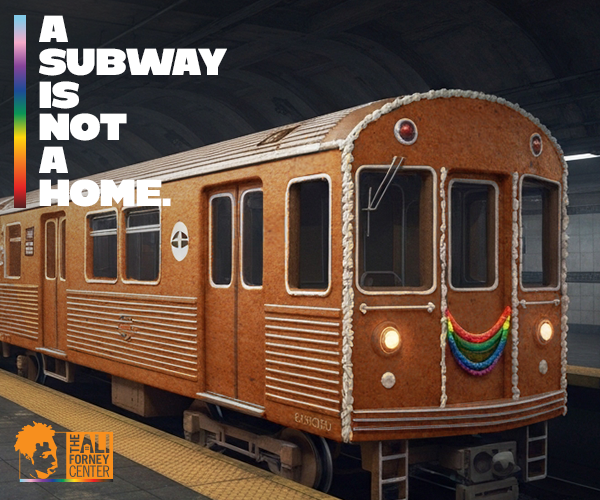





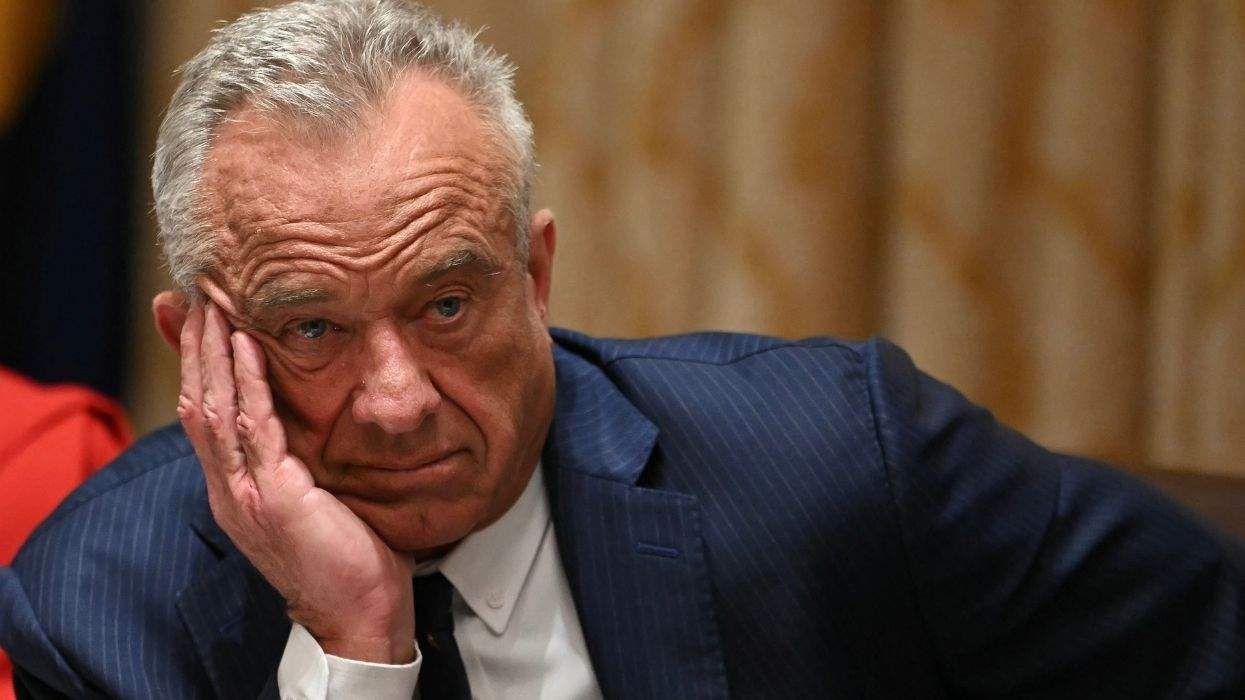

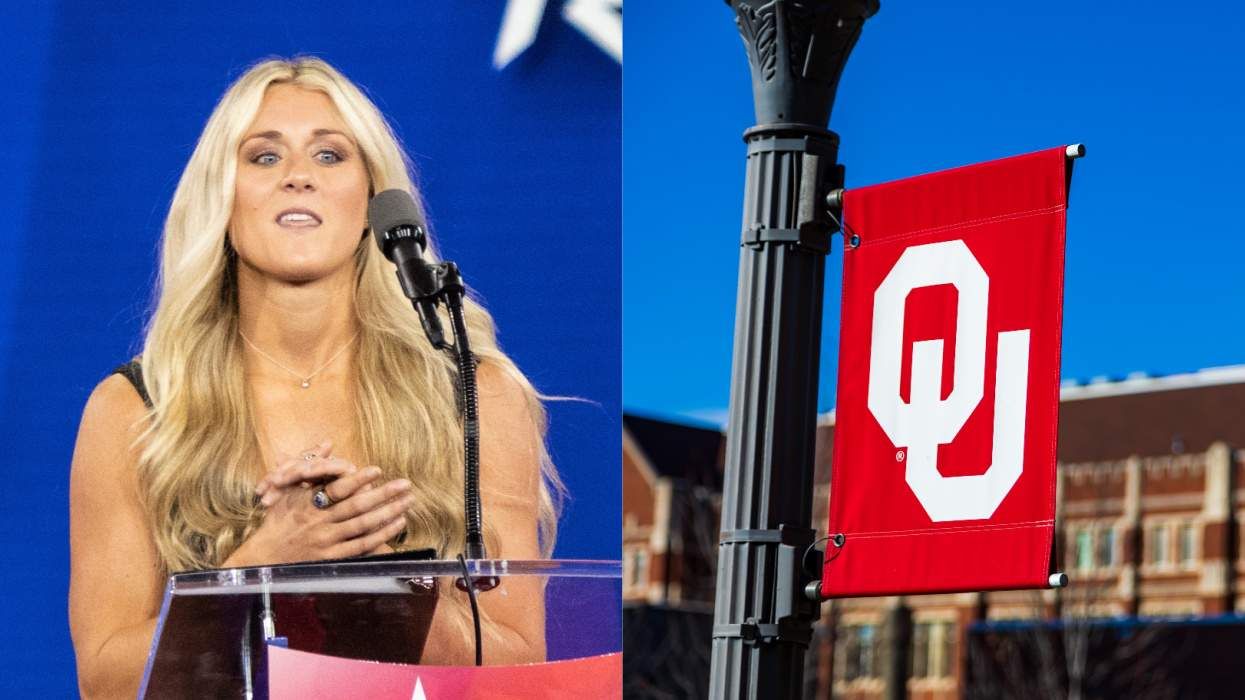
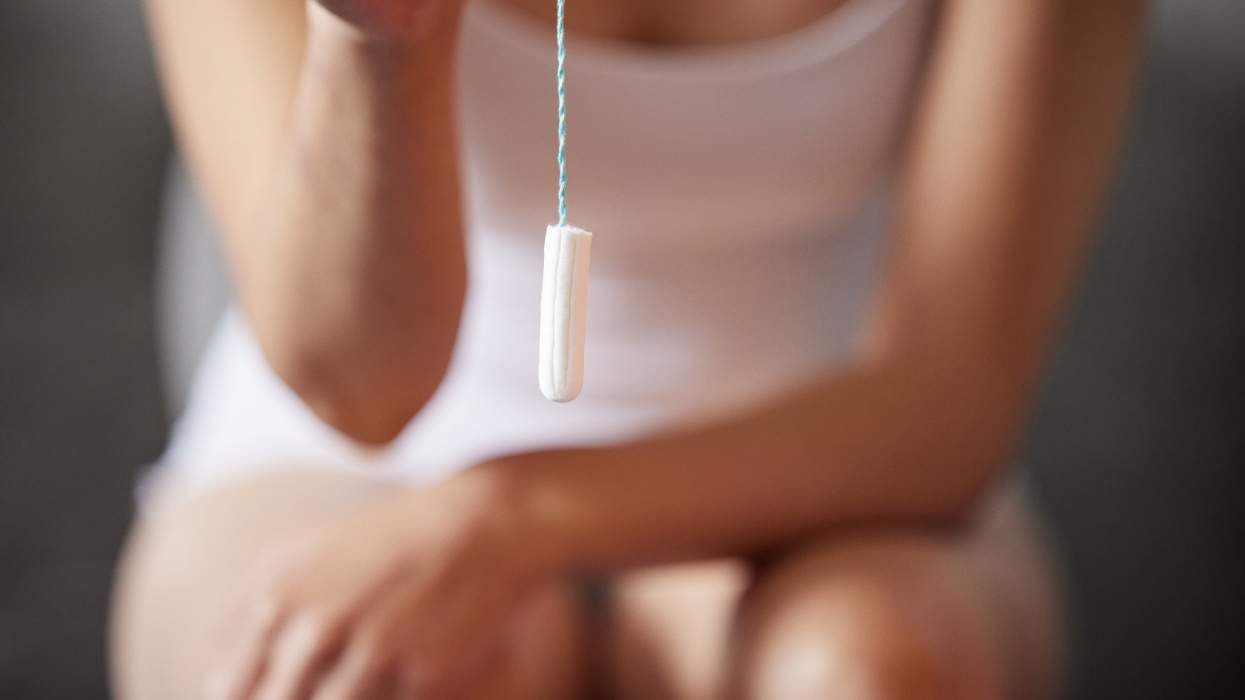

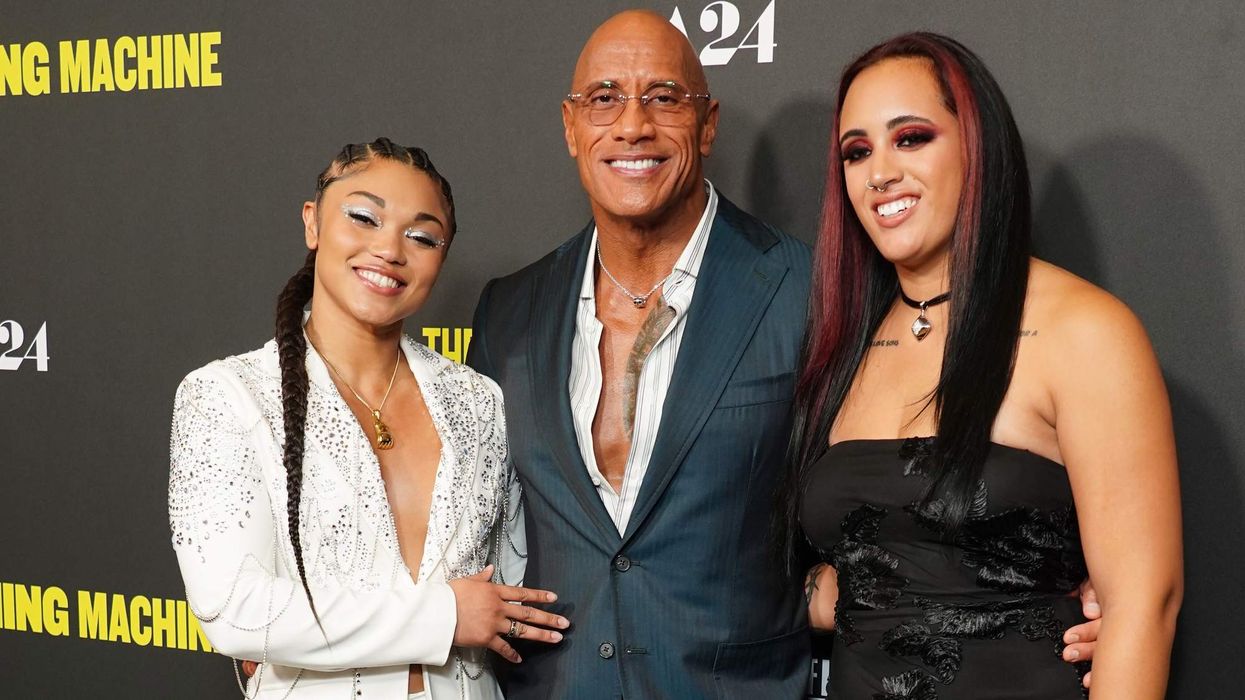
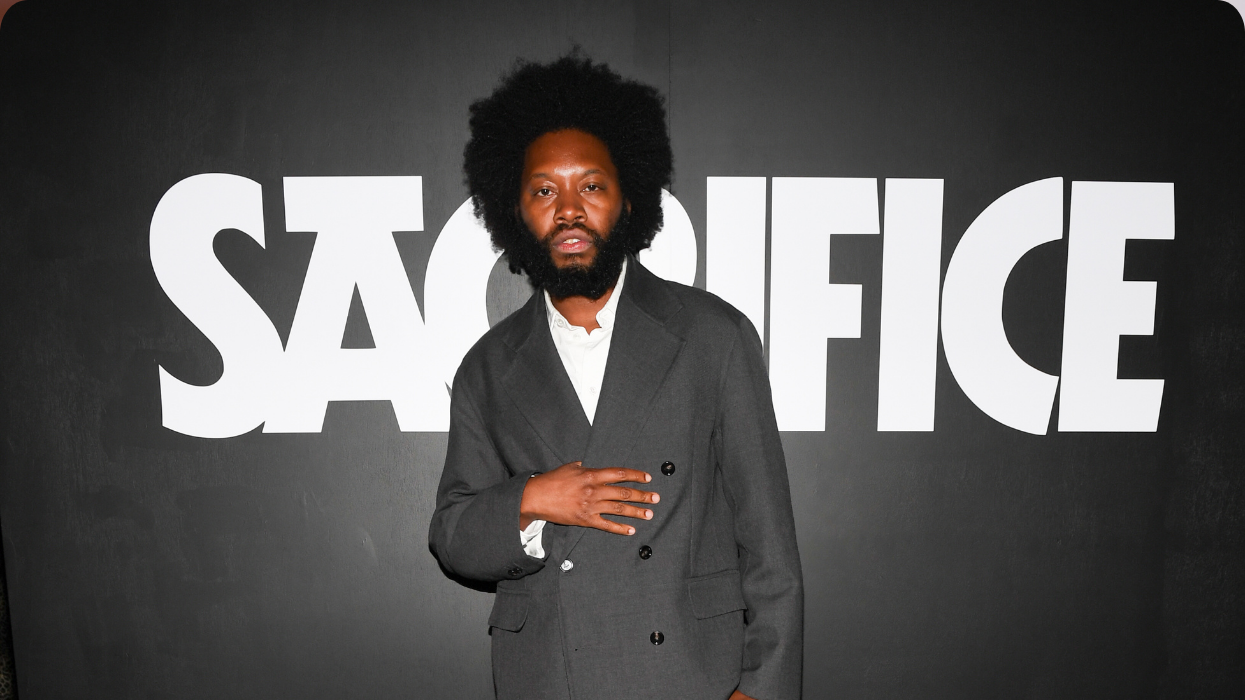
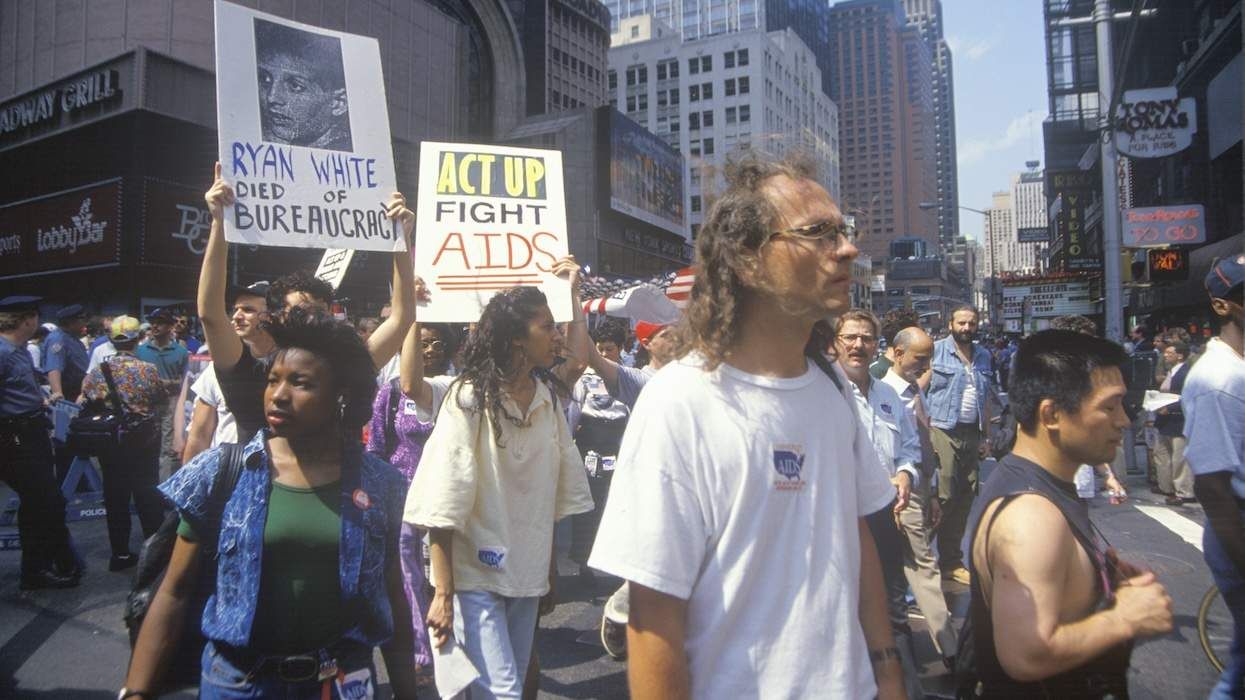
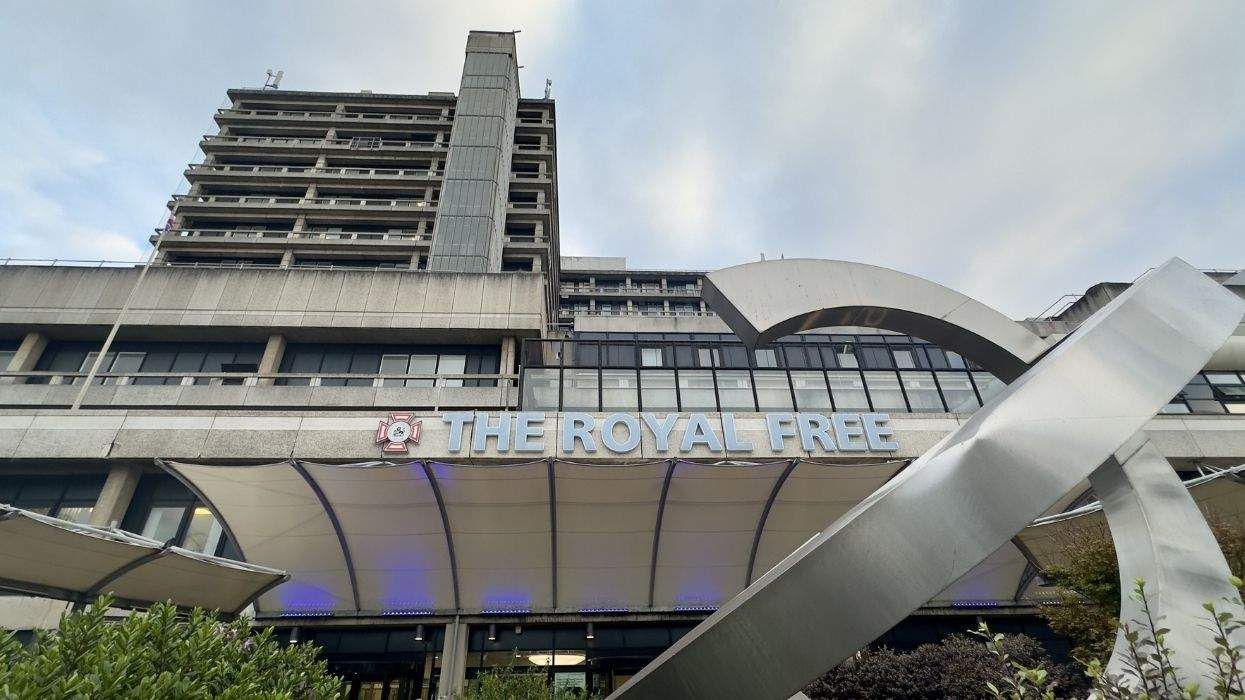

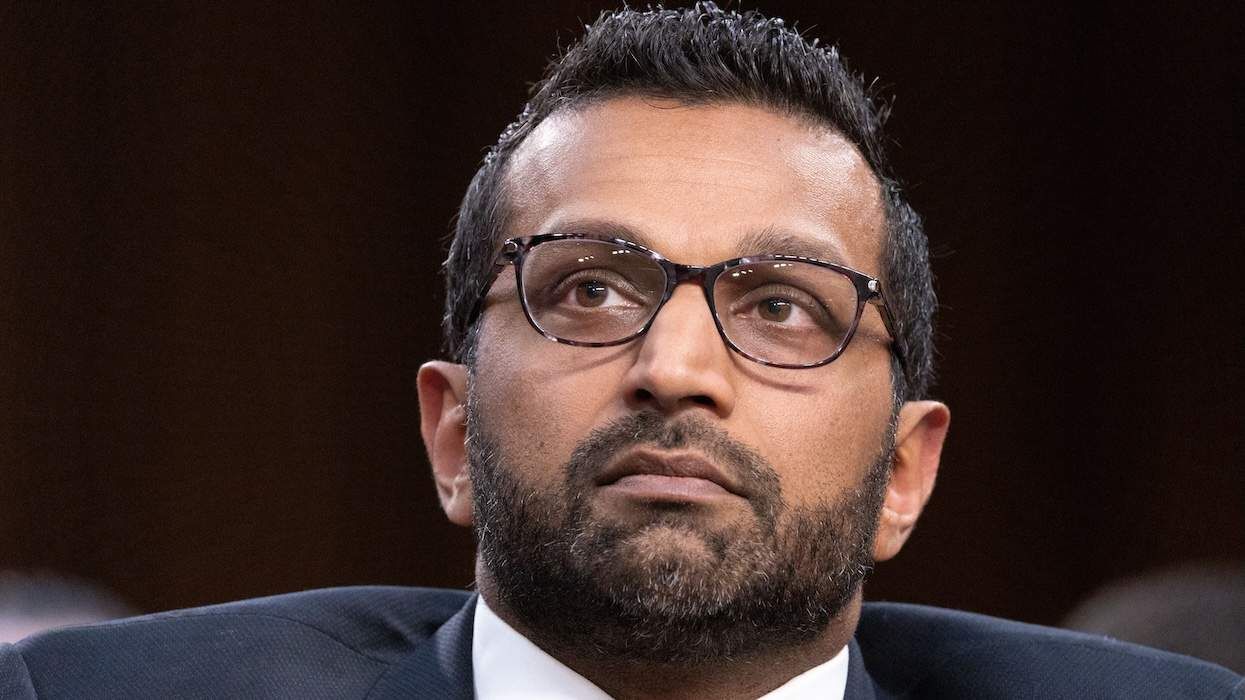
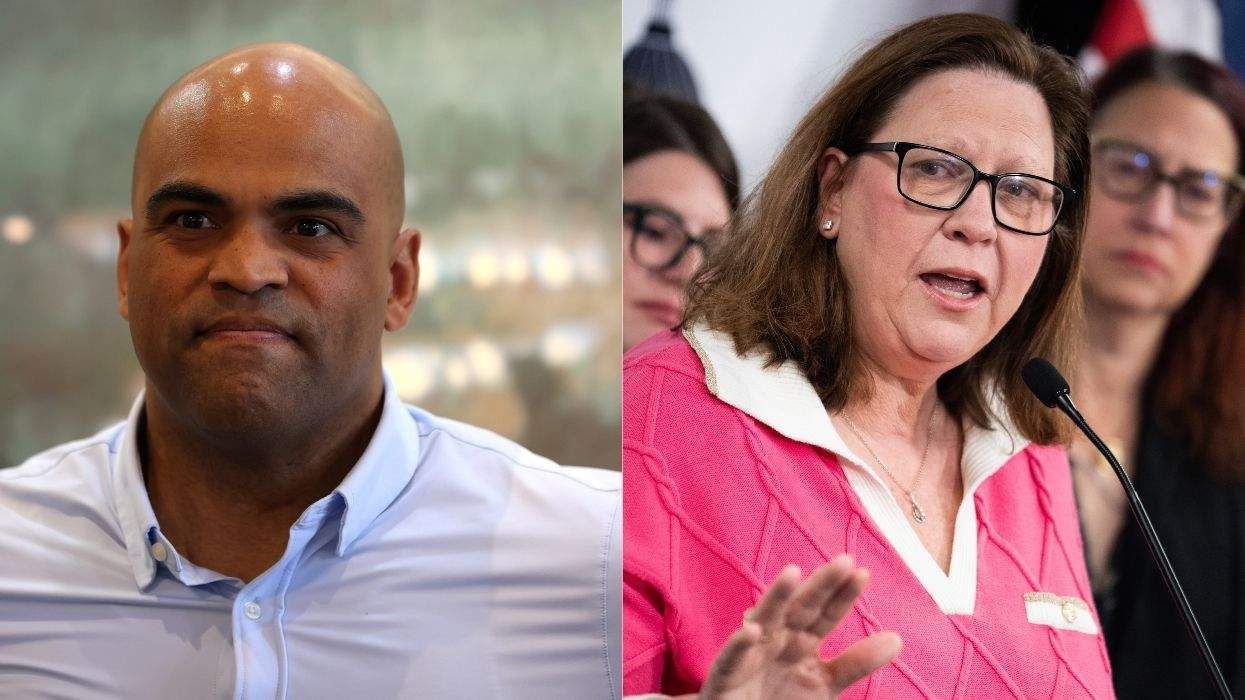
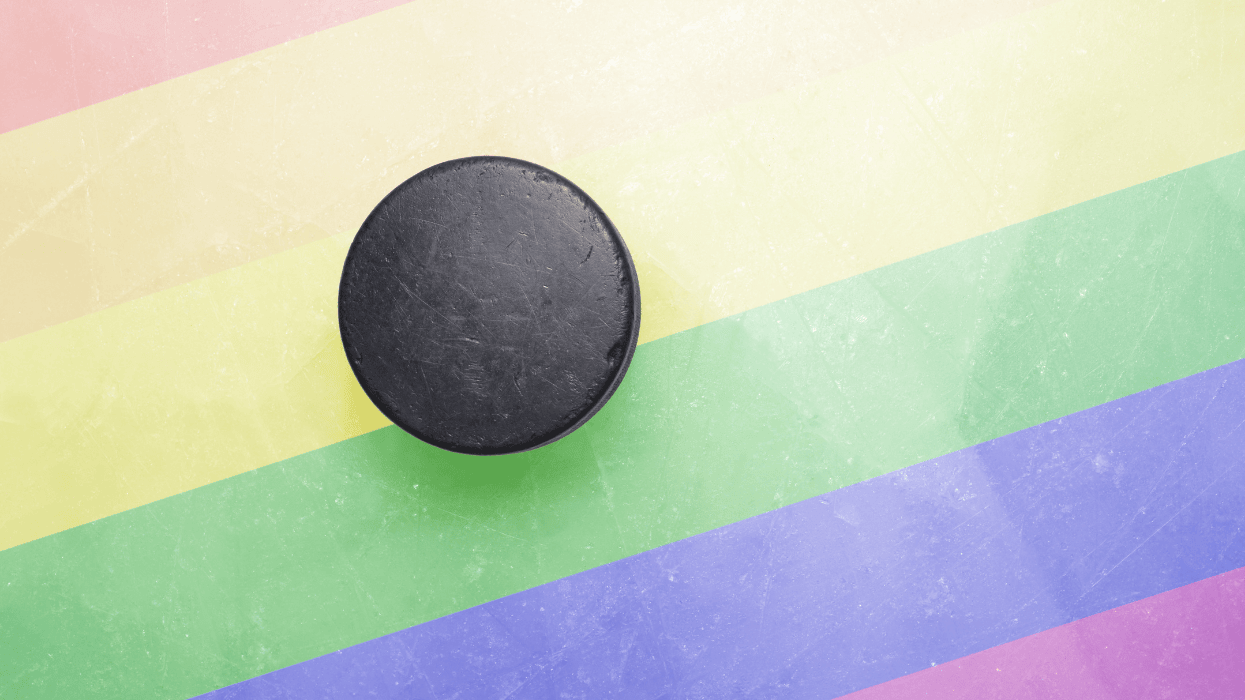
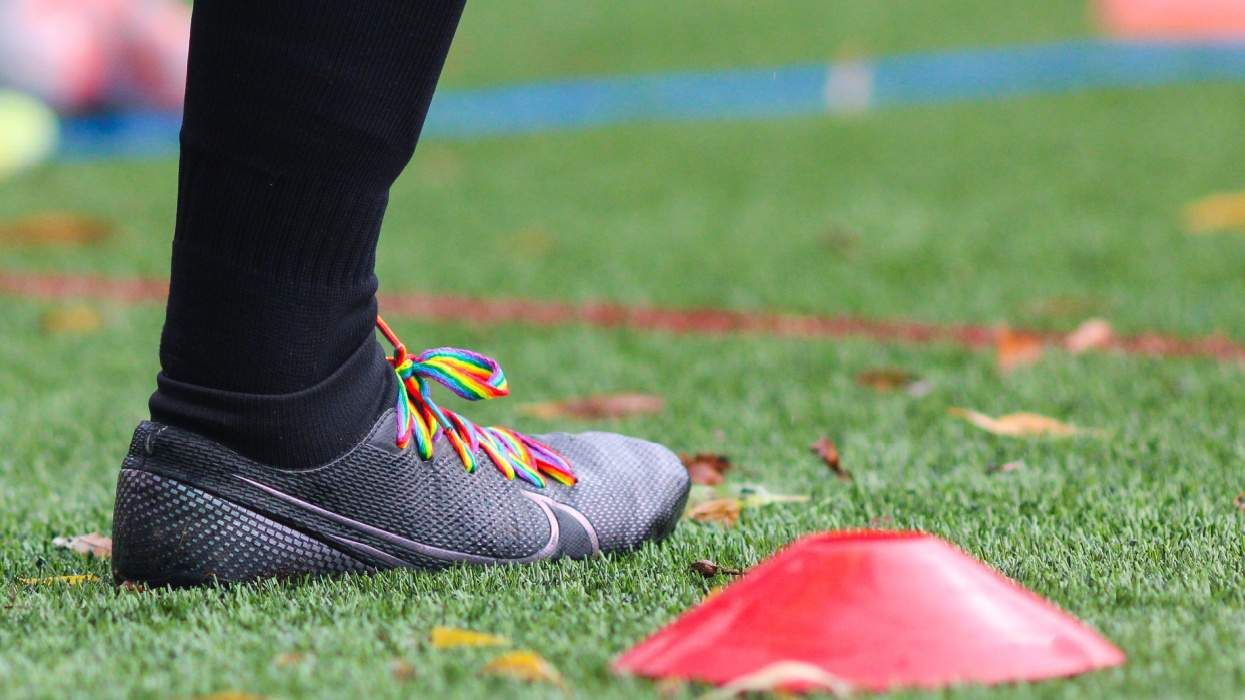
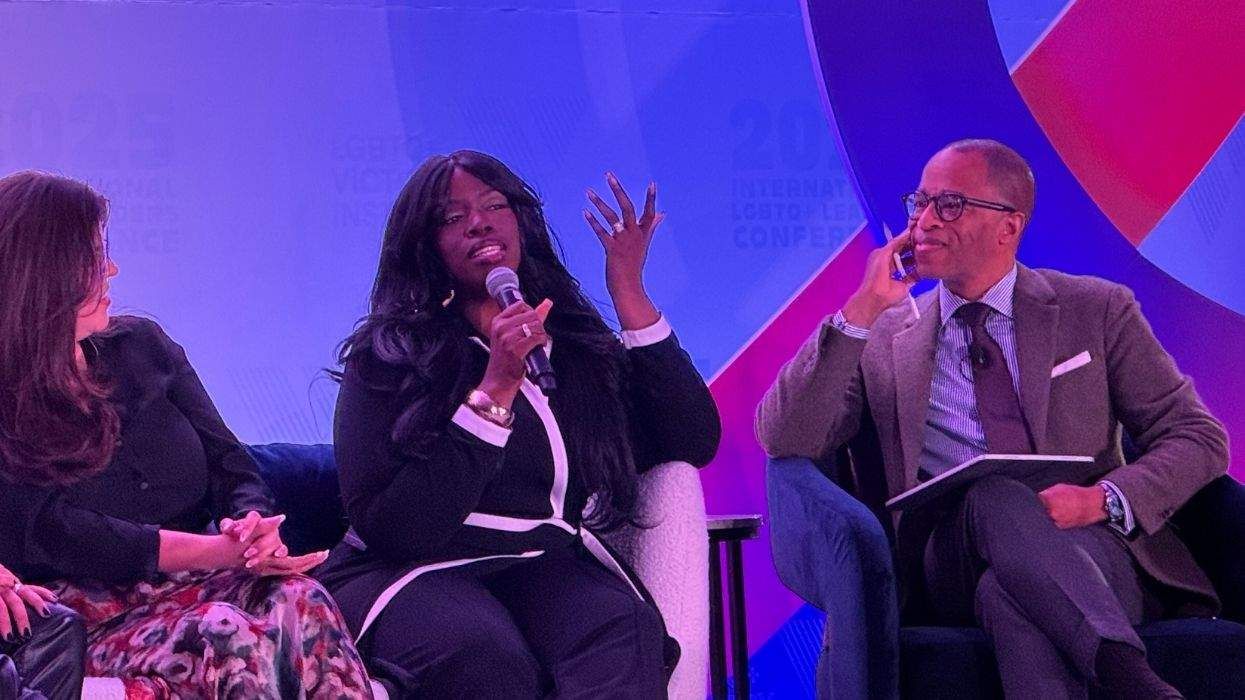
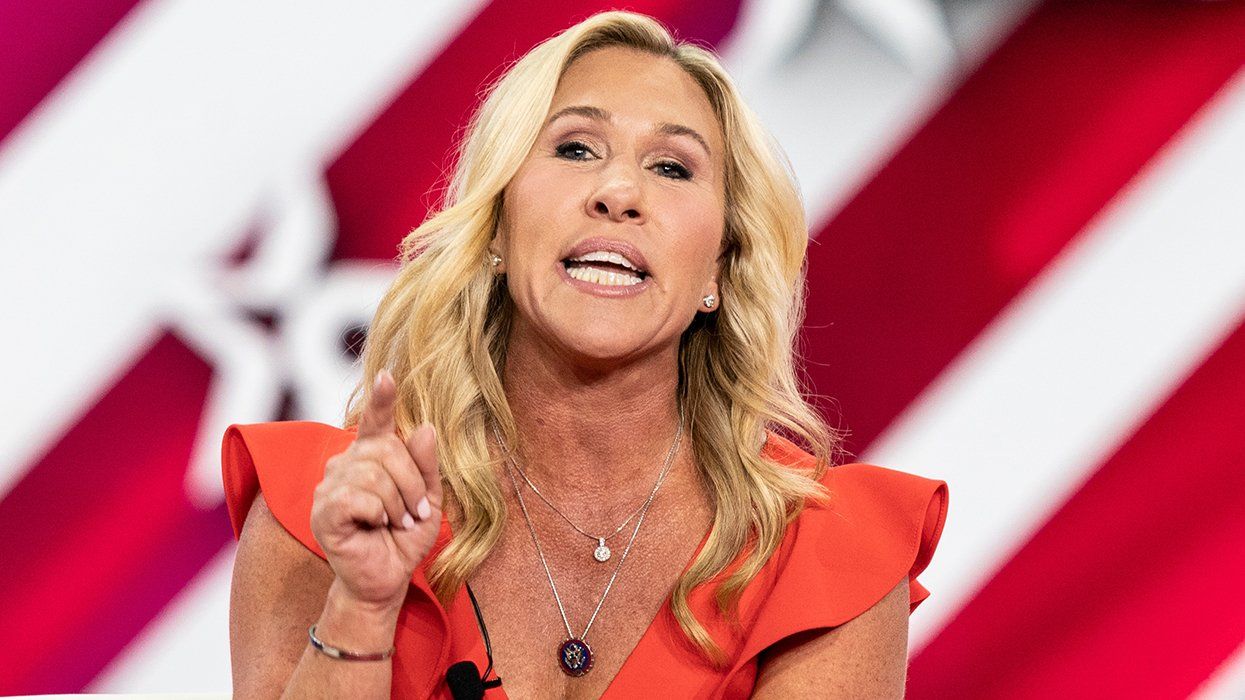
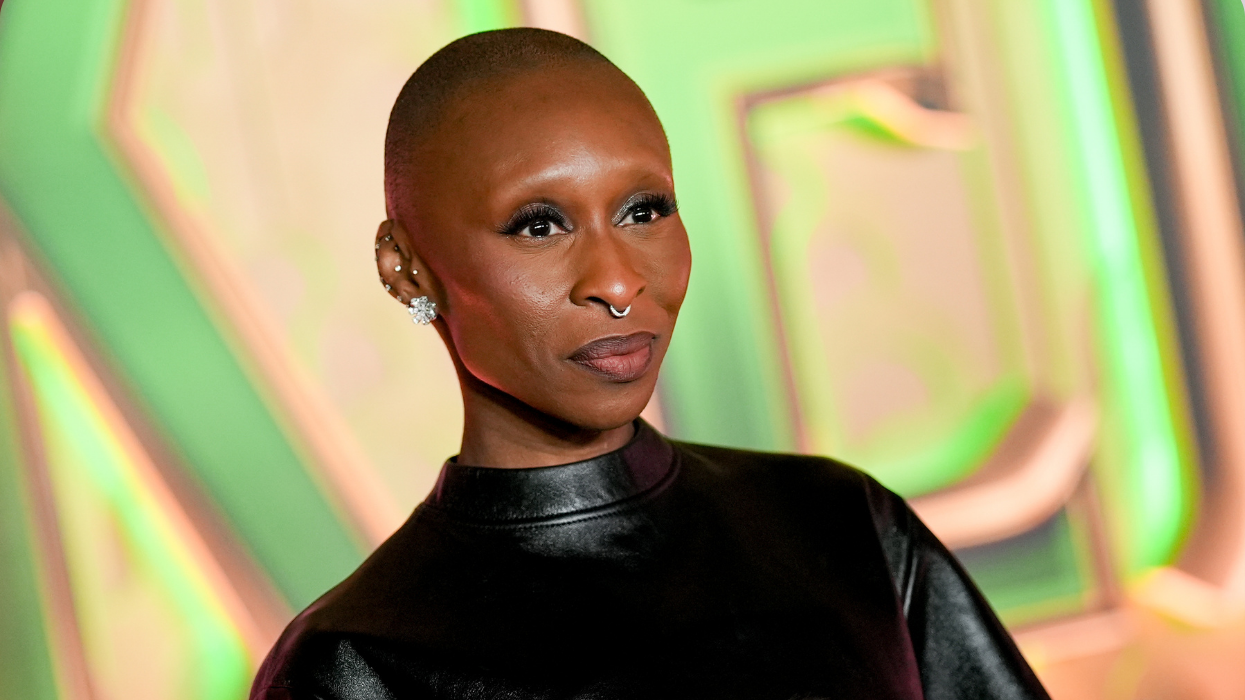

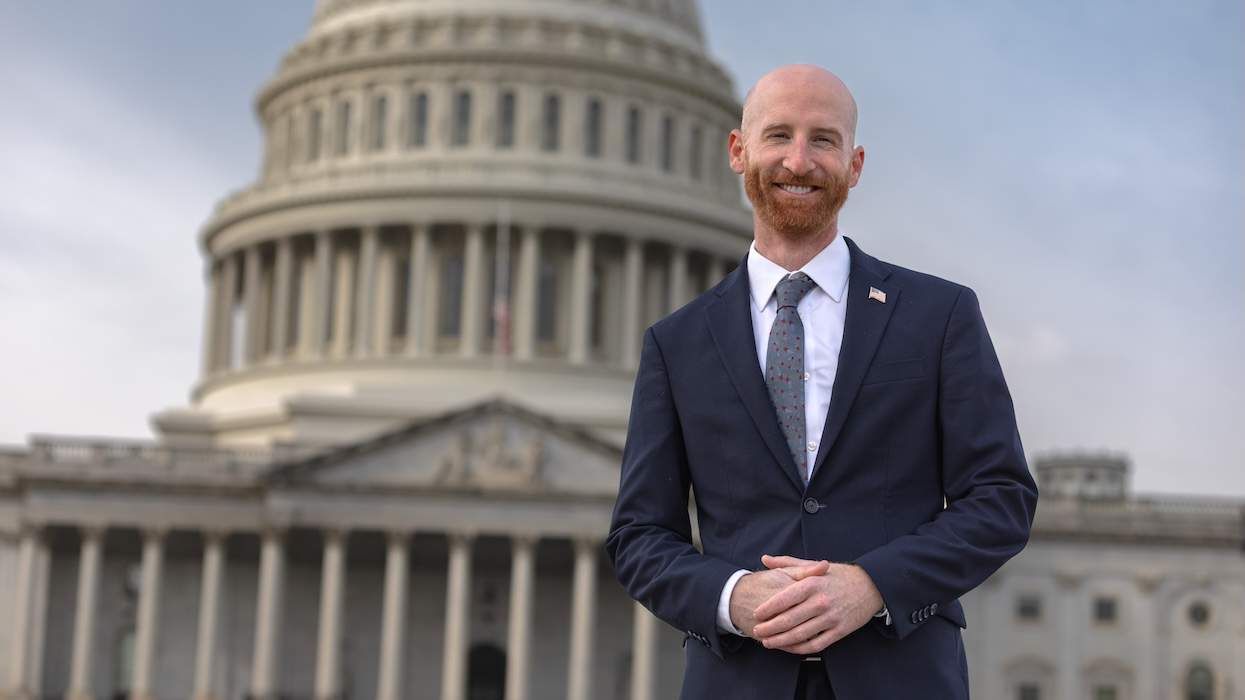
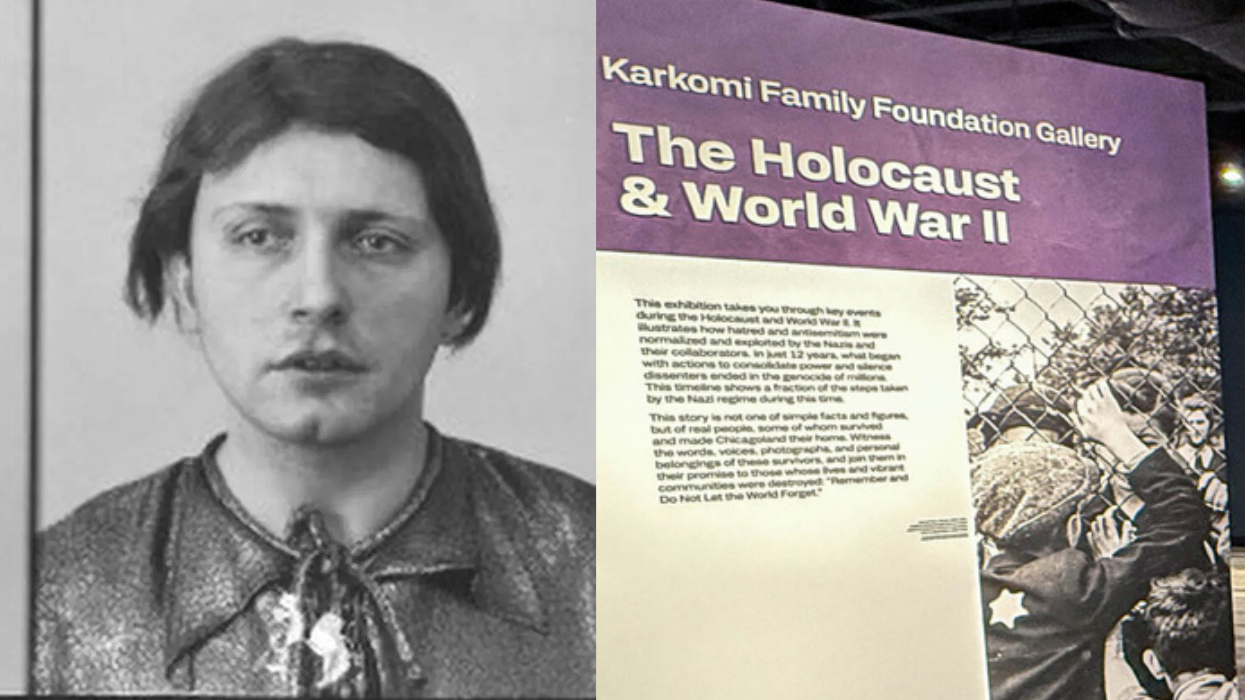






















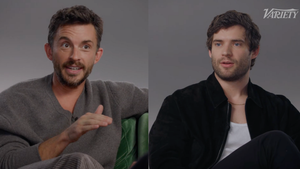





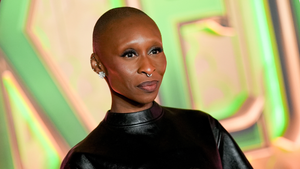
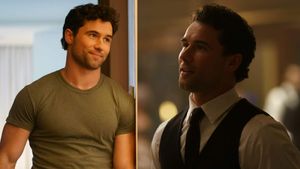
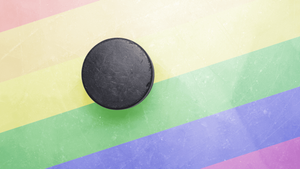









Charlie Kirk DID say stoning gay people was the 'perfect law' — and these other heinous quotes